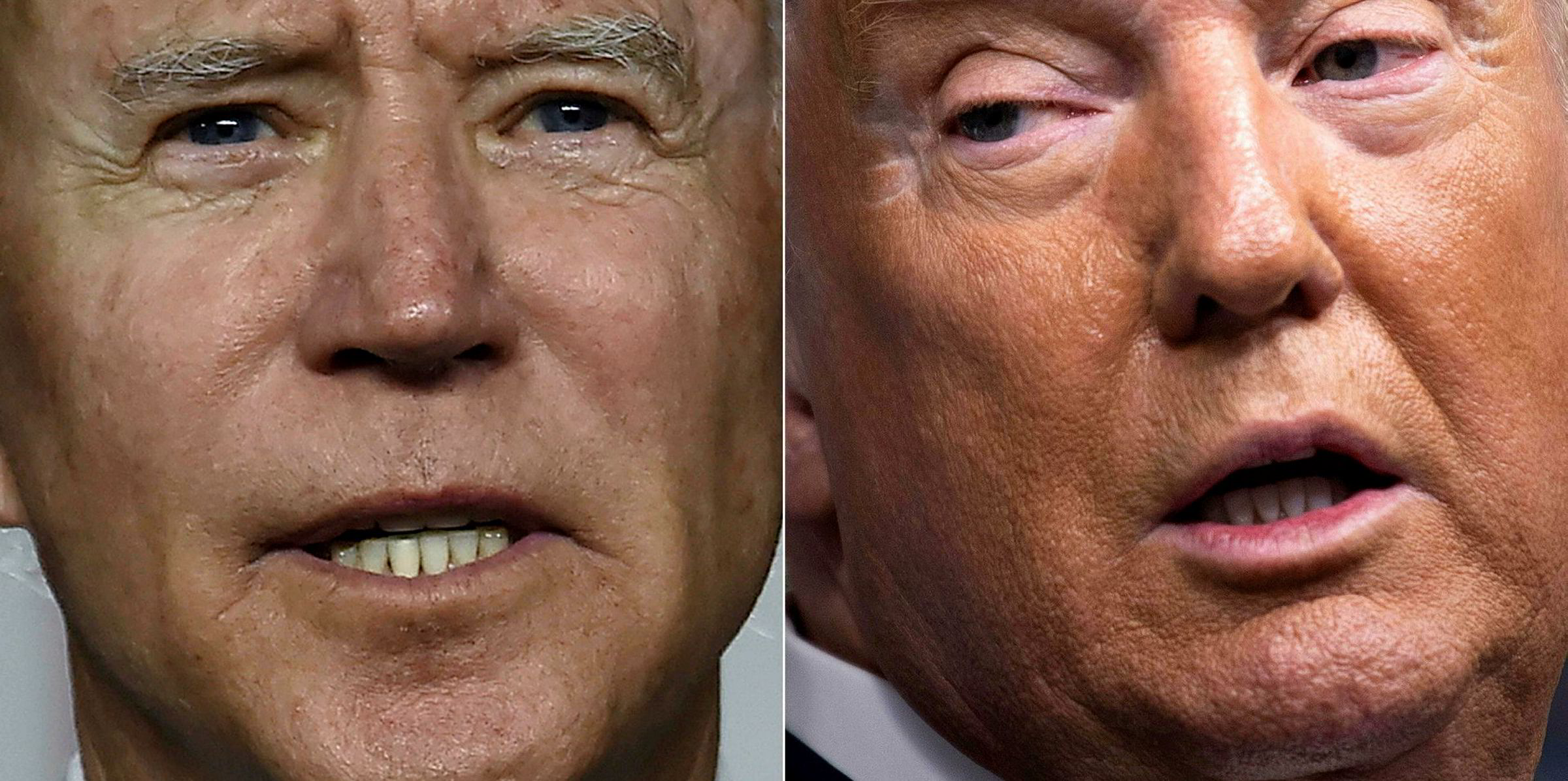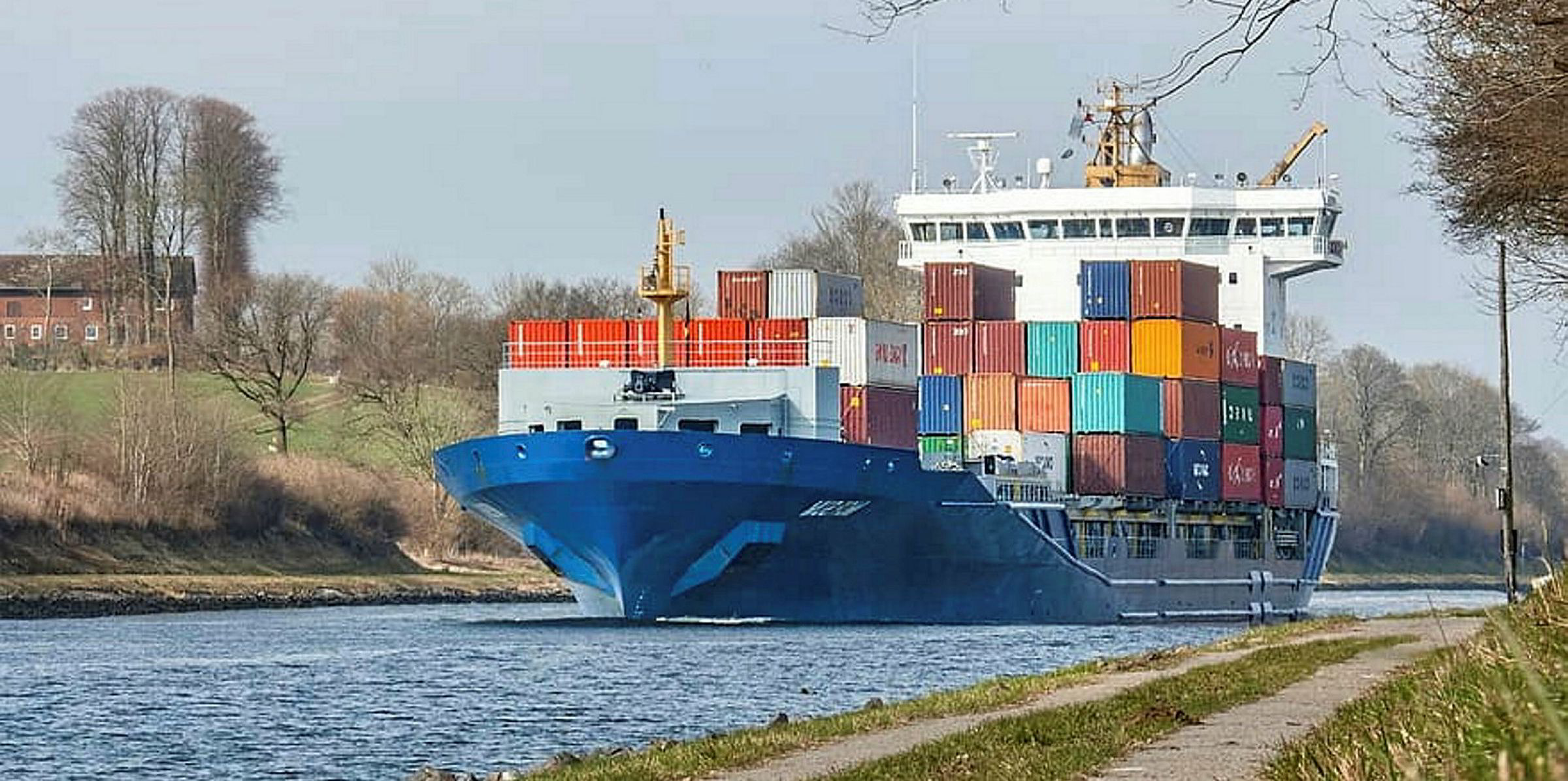The Clean Economy Jobs and Innovation Act — HR 4447 — passed in the House of Representatives last week, cementing a role for US-flag ships in any future green energy revolution.
The commitment to local shipping was slipped in by way of an amendment from a Californian congressman.
It ensures the conditions that have applied to the development of oil and gas in the Gulf of Mexico applies to say, wind farms.
This is the application of the 100-year-old Jones Act, which requires that freight is carried between US locations on locally-built tonnage.
The new act was pushed by a Democratic Party holding a majority in the House of Representatives.
It promises net-zero carbon pollution by 2050, revamps clean-tech research grants and promises to remove barriers to more solar, wind and electric vehicles.
Republican President Donald Trump disagreed with the legislation, saying it undermined his deregulatory agenda.
And the act may yet stall in the upper house — the Senate — which is controlled by a Republican majority.
All of this, of course, is just the hors d’oeuvres for the main dish: the US presidential election, which will take place in a month’s time.
All bets are off
No one is willing to take a bet on who will win, while the incumbent has indicated he would not necessarily vacate the throne even if he loses.
Trump has been a major supporter of the oil and gas industry — and vice versa — while his presidential challenger, Joe Biden, and his Democratic Party have been pushing a greener agenda.
Trump pulled the US out of the United Nations' Paris Agreement on climate change and is seen as a major block to the much-needed coordinated global action.
Biden, who leads in opinion polls, has promised to rejoin the Paris talks and embark on a $3trn clean-power programme.
That would gel better with China’s new commitment to make itself net-carbon zero by 2060.
A Biden presidency would also likely wind down the US/China trade war and pursue a more collaborative foreign affairs programme.
The question of the Jones Act, which has supported US shipping and shipbuilding, is parked somewhere in the middle of this.
Trump has been quite equivocal, as becomes a man who trumpets a contradictory cocktail of free trade and nationalism
Biden is fully behind the protectionist Jones Act continuing and unsurprisingly, therefore, has the support of the yard, dock and seafaring trades unions for this.
“As president, I will continue my strong support for the Jones Act,” he wrote in a letter to union leaders.
Trump has been quite equivocal, as becomes a man who trumpets a contradictory cocktail of free trade and nationalism.
Casey Mulligan, a professor of economics at the University of Chicago and former advisor to Trump, wrote an op-ed piece in the Washington Post on 3 June.
“The good news is that not everyone is on board with the Jones Act, namely President Trump. He sees it for what it is: a harmful regulation like the ones he has succeeded in eliminating from health insurance, telecommunications, farming and other industries.”
But Trump has been in power for four years and has not dismantled the legislation yet, but he did waiver the Jones Act temporarily to expedite emergency relief shipments after two hurricanes.
Trump’s record on shipyard support is also patchy, which is surprising given his core base of blue-collar workers.
One major order that has come through was a 10-ship naval contract at Fincantieri Marinette Marine in Wisconsin.
Trump visited the yard, bought by the Italians in 2009, on 25 June and boasted to the workforce: “It’s going to be built by you. And it’s going to go on for a long time because it’s up to 20 ships and might be extended.”
Beautiful by design
He also said he planned to redesign some of the new vessels to make them look “beautiful” instead of “terrible”.
But Biden claims Trump has been taking credit for public spending decisions taken by his predecessor, Barack Obama.
US merchant shipyards remain currently in very poor shape — even with the Jones Act in place.
Biden’s plans for a green energy revolution includes a commitment to develop new low-carbon ways of ocean as well as land transport.
There are few details but this commitment looks good for both the domestic and international maritime industry.





